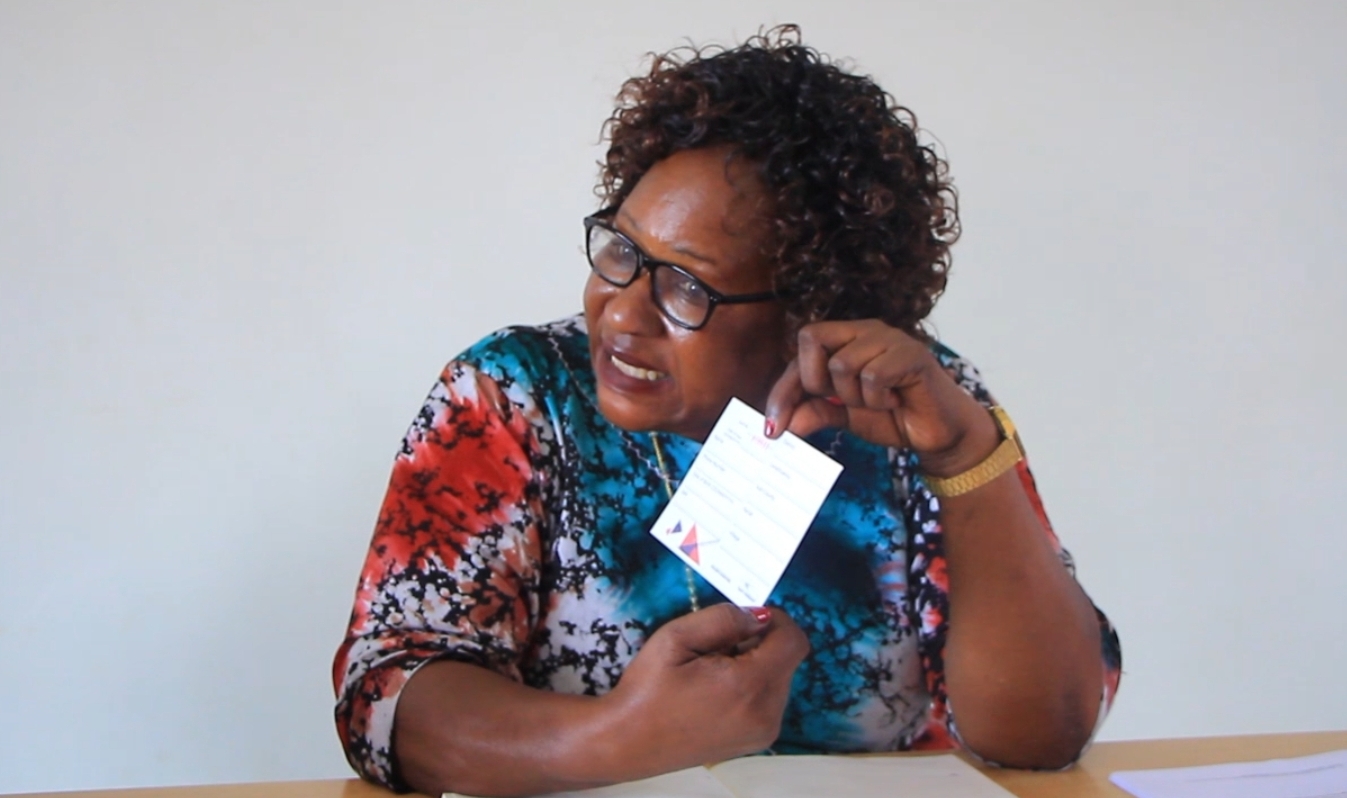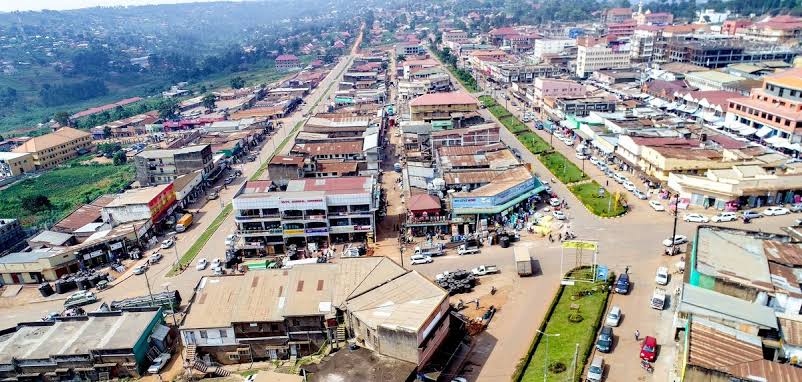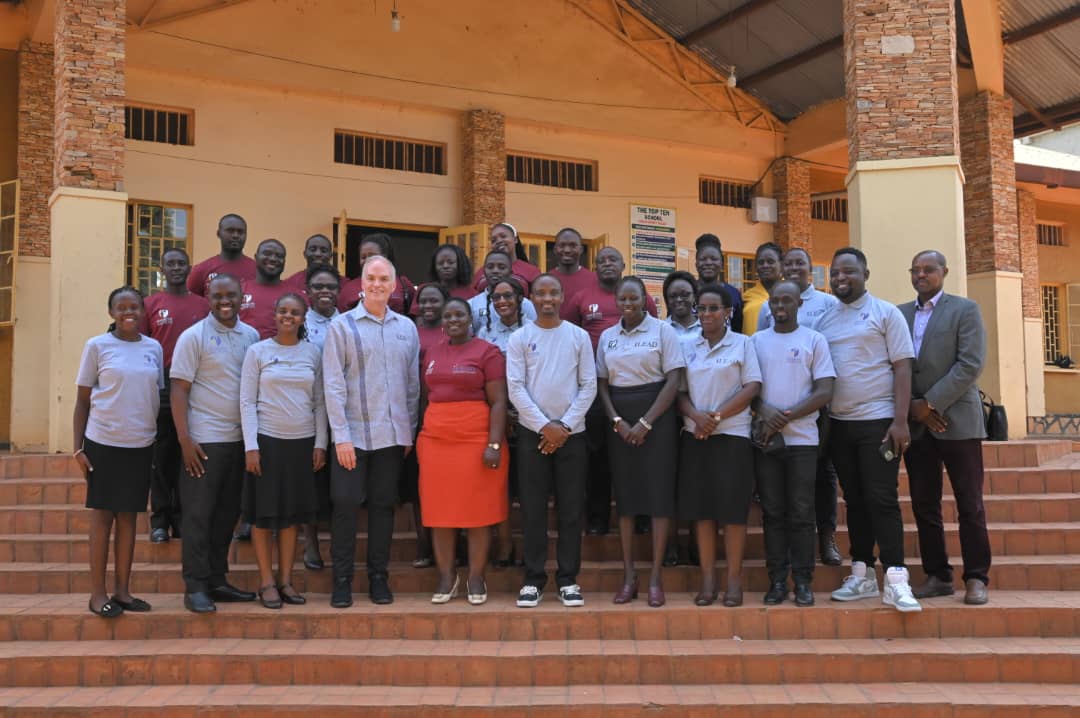Masaka City mayor rejects census results

Masaka City mayor Florence Namayanja has trashed preliminary results of the 2024 National Population and Housing Census.
The Uganda Bureau of Statistics (UBOS) announced that the country's population has grown to 45.9 million, an increase of 11.3 million people since 2014.
However, the census results for Masaka City indicates a total population of 285,509, which has sparked outrage among city leaders and key stakeholders.
Ms Namayanja questioned the methodology and accuracy of the census and expressed her strong dissatisfaction with the figures, insisting that they do not accurately reflect the true population of Masaka City.
“We believe that Masaka City has between 380,000 – 400,000 total population,” she said.
The mayor said the city's bustling trade and commerce, along with its high fertility rates, low mortality rates, and significant migration, suggest a much larger population than reported by UBOS.
“Our city is the turning point for the entire region that is comprised of over ten districts, it’s the business center. How do they say our day population is just 40,000 people?” Namayanja asked.
In 2014, the national population census recorded Masaka municipality’s population at 103,829 before it was elevated to city status.
The city, covering 66 square kilometres, annexed neighbouring areas from districts like Lwengo, Kalungu, and Masaka District to meet the required population for city status, which increased the population to an estimated 211,591 by 2019.
The latest census results suggest that Masaka City's population increased by 73,918 people from 2018, a figure that city leaders find questionable.

Mayor Namayanja emphasised the critical role of accurate population data in effective city planning during her recent address.
She highlighted that the success of urban development strategies heavily relies on precise and reliable demographic information.
“If the national census was conducted well, it would give the nation a clear population size of each area to ease planning. We could depend on that population to plan well for our people,” the mayor said.
Ms Namayanja questioned the quality of the equipment used by enumerators during the census, suggesting that it compromised the accuracy of the results.
She said the reliability of demographic data is heavily influenced by the tools and technology employed in its collection.
“We all witnessed how enumerators were struggling to use the gadgets that were given to them. How would you expect better results from such a poor system?” she asked.
Some residents of Masaka City share the mayor’s concerns, highlighting the city's rapid economic growth and cultural transformation driven by its expanding population.
Viane Ndugga, an educator in Masaka, noted the surge in small businesses and startups, fueled by a large and affordable labour supply, particularly in the informal sector. He says that Masaka has become a hub for small businesses and startups.
“Masaka is soon becoming the leading city in Uganda after Kampala considering its strategic location and rapid population growth,” Ndugga said.
However, not all residents view the population growth positively. Bukenya Umar, for instance, expressed concern about the cultural changes accompanying the influx of new residents.
Bukenya said the influx of visitors and new residents has led to a blending of cultures, resulting in the gradual erosion of the original cultures of BanaBuddu.
“The intermarriages and new lifestyle and practices have contributed much to the cultural evolution in Masaka, which is not good for the identity of our people,” the traditionalist claimed.
The dispute over Masaka City's population figures highlights the challenges of conducting accurate and reliable censuses, especially in rapidly growing urban areas.
As city leaders and residents call for a review of the census process, the need for robust and precise demographic data remains crucial for effective urban planning and development in Masaka City and beyond.














